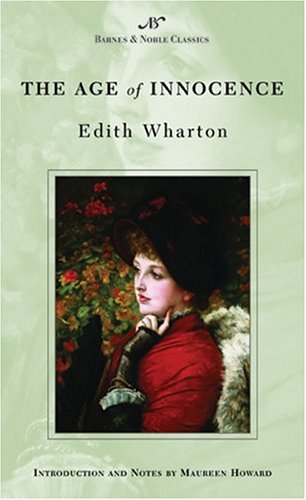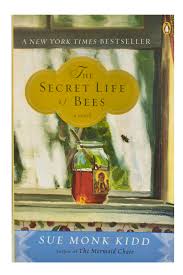Book Review: The Age of Innocence

February 29, 2020
When one imagines falling in love, does a romantic image of love not crowd one’s thoughts? From sharing a laugh to a sugared kiss, the inevitable fate of hardships between two people is, oftentimes, forgotten when picturing a life with someone. Every encounter one hopes for with their significant other is submerged in a thick layer of pure joy, of love; unfortunately, this very observation led protagonist, Newland Archer, of Edith Wharton’s The Age of Innocence, published in 1920, to contemplate a decision that would affect the remainder of his life.
The novel opens up with the introduction of Newland Archer, a young, wealthy lawyer engaged to May Welland, who mirrors a number of individuals inducted into aristocrat New York society, as she simply conforms to the demands and expectations of others, never developing a thought of her own; however, despite May’s beauty, Archer, shortly after seeing her for the first time, is smitten with May’s cousin, Ellen Olenska, a mysterious beauty who grew up in Europe.
Throughout the duration of the novel, despite Archer’s engagement, Archer and Olenska share several intimate moments, where the pair eventually confessing their love for one another. Nevertheless, no matter the overbearing strength of their love, both characters realize that their circumstances simply do not allow them to pursue a life together. Archer and May are married, yet Archer is willing to disobey societal expectations and choose love over obedience. Olenska, however, does not wish to sabotage the relationships she has built in New York, especially since she previously faced criticism for her unique “European” nature. Despite Olenska’s hesitations, May’s eventual news to the secret couple serves as a single bullet, a single attempt to murder the relationship, leaving it up to both Archer and Olenska to determine whether or not they wish to repair the damages.
Overall, the novel is primarily about Archer and Olenska’s love affair, which highlights and criticizes the utter foolishness of New York society among aristocrats, in which readers are bound to be on the edge of their seats, wondering if society or love will win.
The Age of Innocence, only a year after its publication date, received the 1921 Pulitzer Prize for Fiction, making Wharton the first woman, ever, to obtain the award. Wharton’s admirable and careful use of language, symbolism, and other figurative devices beautifies the novel and its meaning, placing it on an untouchable level of sophistication and prestige. It is an American Classic that should be on everyone’s bookshelf.

























